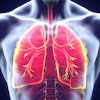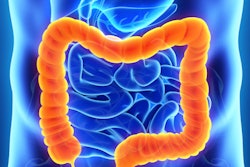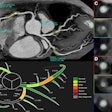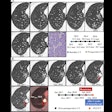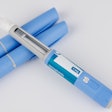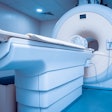Dear AuntMinnie Member,
Happy New Year! We hope your time over the holidays was joyous and relaxing.
The new year is often a time of reflection. One question people often ask themselves is whether they are happy in their jobs -- and a big part of that is whether they are being adequately compensated for what they are worth.
There's nothing wrong with wondering. Fortunately, AuntMinnie.com will help you find out with our SalaryScan radiology salary survey database, which we are updating for 2019.
SalaryScan will enable U.S. radiology professionals to compare their salaries with those of their peers. You will be able to perform salary comparisons not only with people in your profession but also with those in different U.S. regions and by modality and organ specializations.
But we need your help. SalaryScan is only as good as the data it's based on. So help us create the most accurate salary query tool in the industry by going to salaryscan.auntminnie.com and entering your data. All submissions are anonymous, and you could win one of 10 $100 Amazon gift cards we are giving away to participants who submit a completed survey.
Variation in CT radiation dose
Radiation professionals are right to be concerned about CT radiation dose, and a new study confirms what many suspect: There is significant variation in dose levels between institutions, even for the same scans.
A team led by researchers from the University of California, San Francisco analyzed radiation dose levels from more than 2 million CT scans performed at 151 facilities in seven countries. The group found that dose varied widely between facilities.
That's the bad news. The good news is that the researchers also found that dose could be reduced by 50% or more simply by adjusting CT protocols -- often with no negative impact on image quality or diagnostic accuracy.
Mammography and CT lung screening
In another popular story this past week, researchers found that mammography screening can be leveraged to offer women CT lung cancer screening. In fact, nearly 8% of women getting breast screening are also eligible for lung screening.
Finally, be sure to check out our Friday story on the new U.S. Preventive Services Task Force (USPSTF) review of colon cancer screening, which the group has opened up two years early. Experts believe the review could finally lead to Medicare payment for CT colonography.


